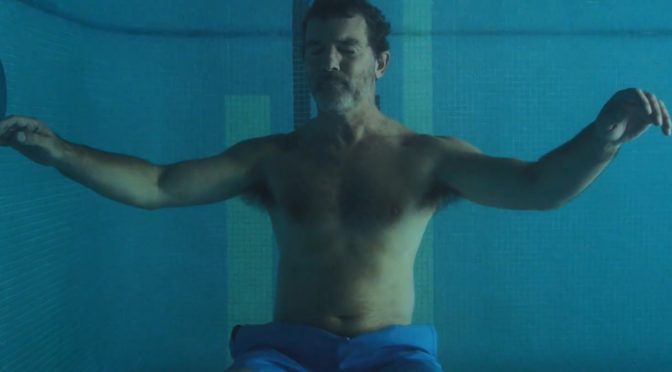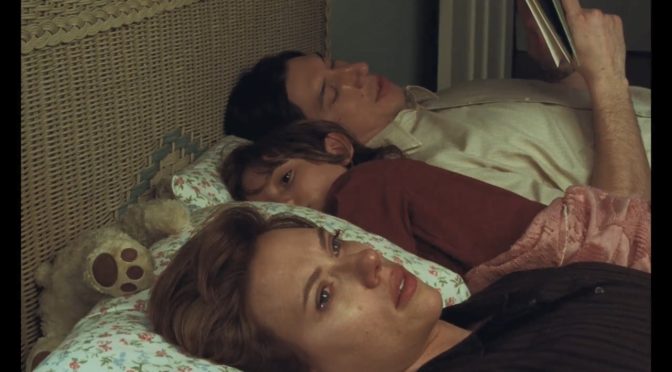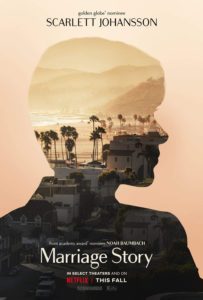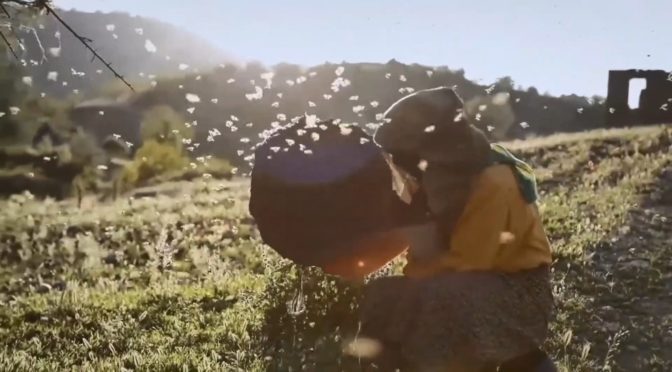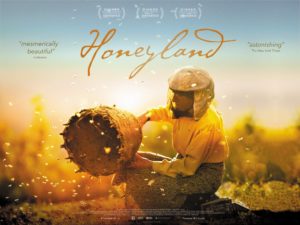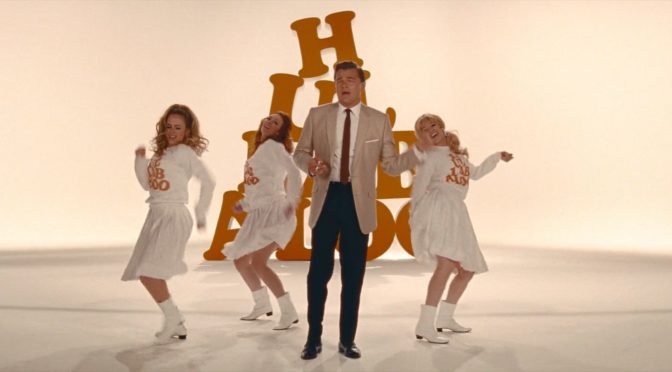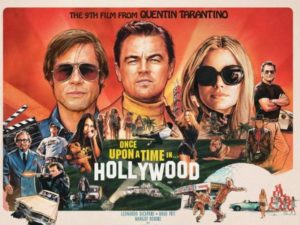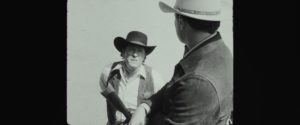I keep coming back to 2019 as the year of the director’s diary. I’m beginning to feel like a human echo, but, in a year with this many confessionals and personal ruminations and memoirs, it frankly bears repeating. While a number of auteurs meditated on what makes them tick, maybe no one examined themselves as directly as the iconic queer Pope of Spanish Cinema, Pedro Almodovar. Almodovar was arguably the most important artistic and cultural figure to emerge from Spain’s La Movida (Spanish for “the Movement”), the tidal wave of bold expression, feminism, open sexuality, and boisterous hedonism that broke loose after the death of Francisco Franco and his decades-long fascist regime in 1975. To see a typical Almodovar film (though there is hardly anything typical about them) is to take in an intoxicating blend of subtle camp, juicy melodrama, and multi-hued humanity. They are born of a love for ripe telenovelas and for social justice. Like Tarantino, Almodovar was forged in movie theaters (according to his Pain and Glory surrogate, his childhood screenings were shown outside on building walls and smelled of pee, jasmine and summer breezes), where a young, impoverished and closeted seminary student could take in the subtle subversion of Luis Bunuel and maybe dream of a time when subversive filmmakers no longer had to cagily sneak their social statements past dead-eyed censors and their despotic overlords. The sum of Almodovar’s influences (his sexuality, his upbringing as a Catholic, the enthusiastic veneration he has for women and motherly figures in particular) can all be detected across his films, like notes of fruit in a bottle of Rioja, with certain of them more pronounced from work to work. I don’t know that there’s really a wrong place to start with the compassionate,frisky, vivaciously sensitive open book that is Pedro Almodovar, but the autobiographical Pain and Glory is an absolutely marvelous primer on the man’s journey through the decades, while marinating in that mixture of flamboyance and self-doubt that makes him a truly special fixture in Cinema’s Hall of Legends.
